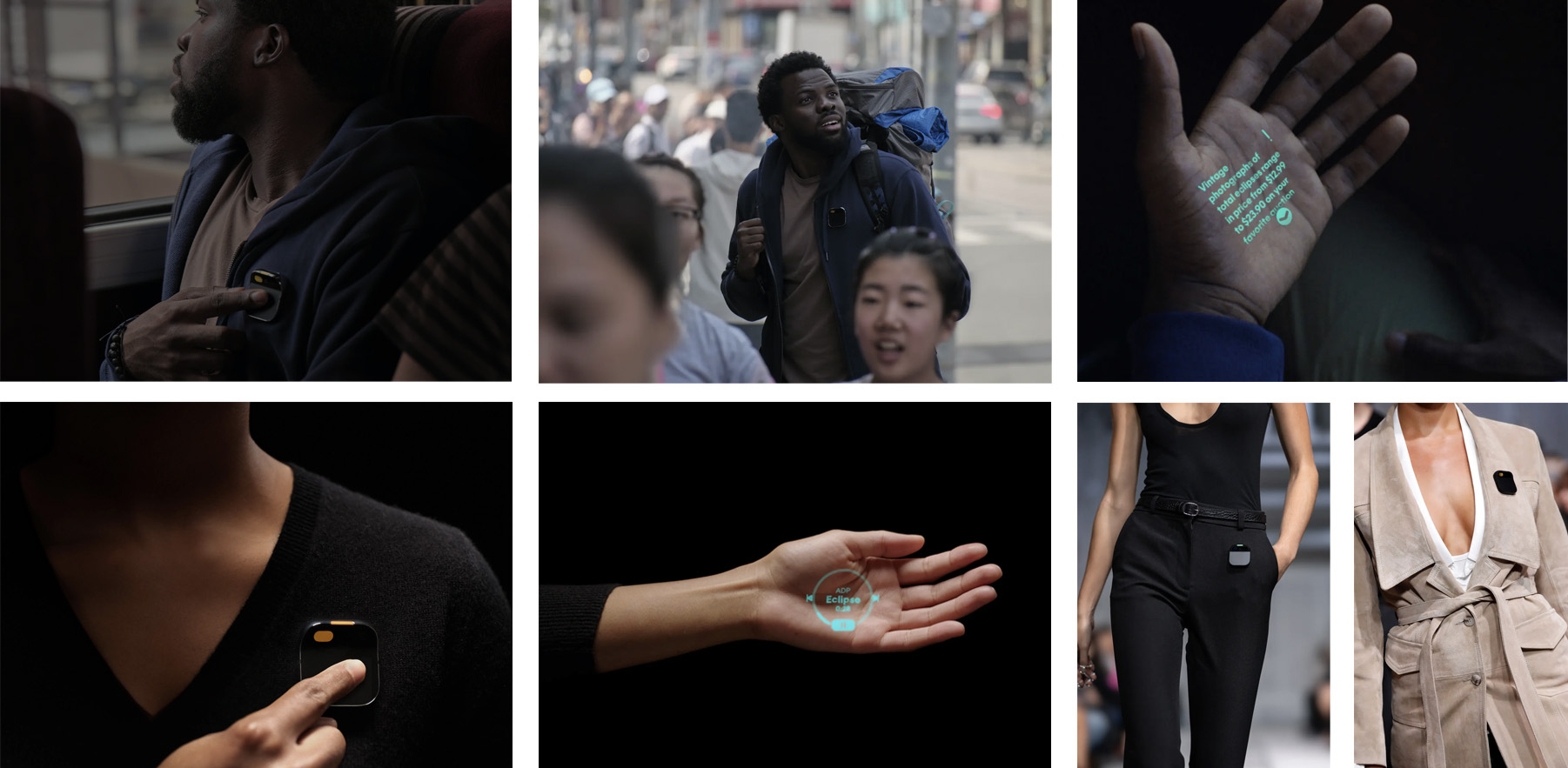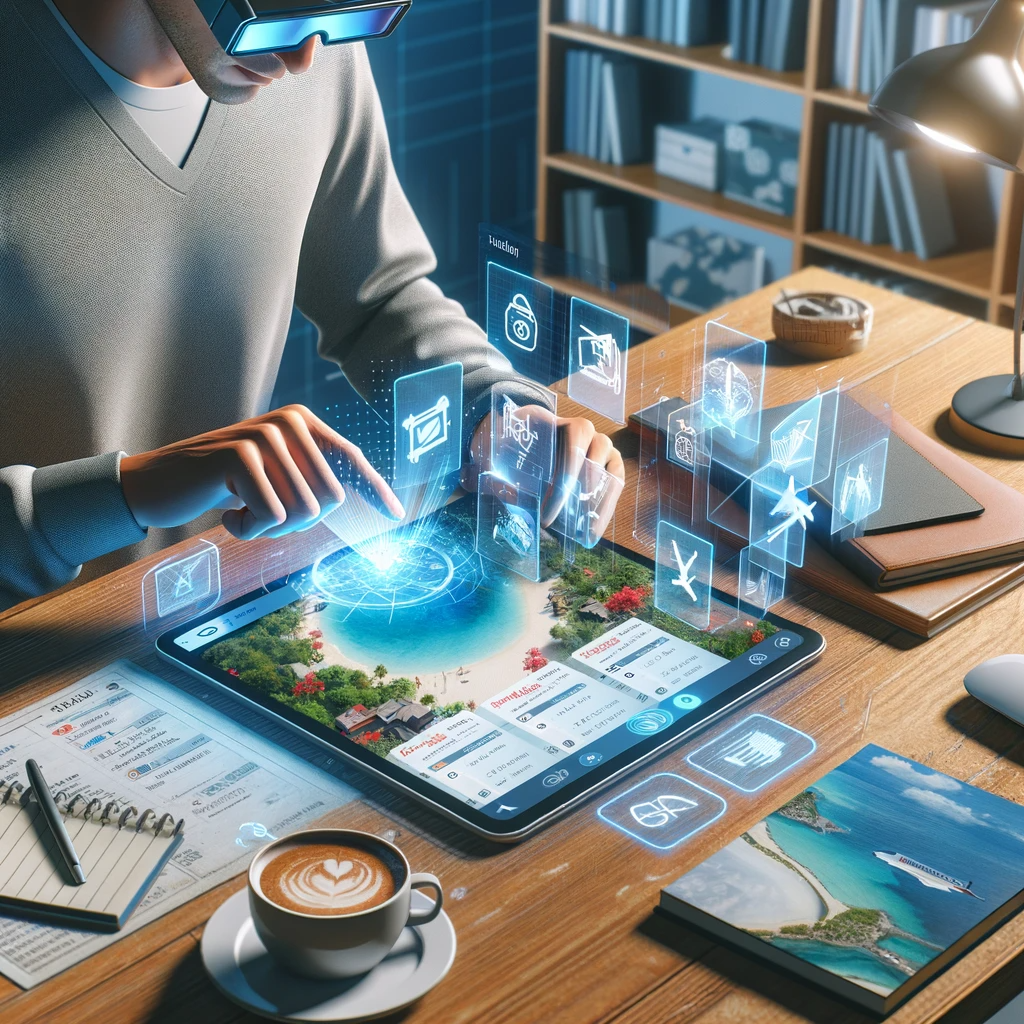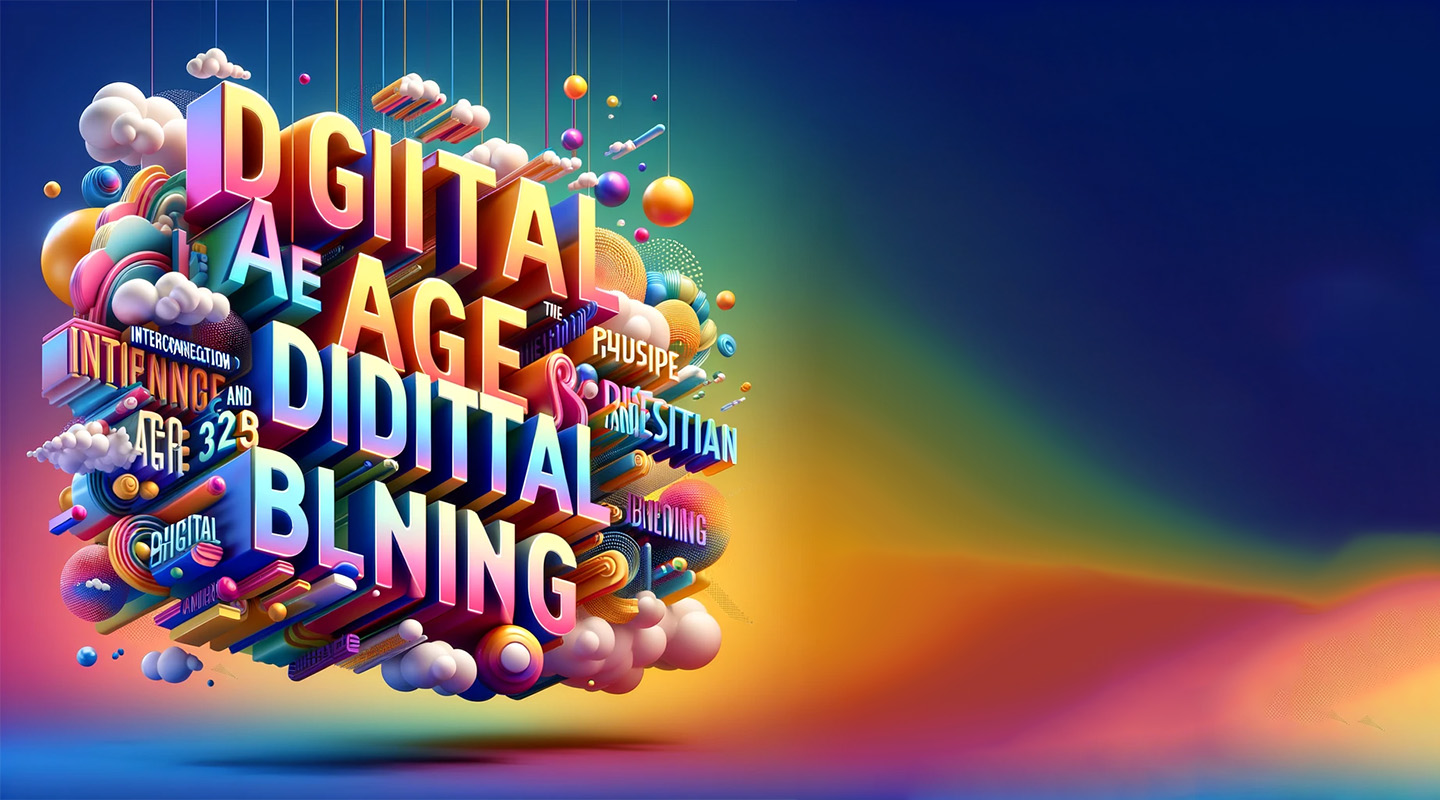Nicolas Negroponte's book "Being Digital," published in 1995, remains a seminal work for anyone interested in the application of technology and its profound impact on our lives. His predictions, which have proven both accurate and insightful, effectively map the seamless integration of technology into our daily existence. The central idea of this digitisation concept, where bits become more significant than atoms, forms the foundation of functionally integrated thinking, a term coined by Barry Wacksman. It can be argued that Negroponte's transition from the physical world of 'atoms' to the digital realm of 'bits' underpins the structural basis of 'Functional Integration' and, by extension, every digital ecosystem, from Apple to Netflix.
Many of Negroponte's forecasts have become a reality, particularly with the proliferation of digital media, virtual interactions, and the Internet of Things (IoT).
In today's digital landscape, user experience takes precedence. The relentless pursuit of understanding and personalising user interactions has elevated technology companies like Apple into shapers of culture. They embody Theodore Levitt's philosophy by focusing on providing solutions rather than just products. Users no longer seek technology for its sake alone; they seek the experiences and solutions it offers. While Apple's hardware is often praised for its craftsmanship, the true magic lies in their ecosystem and every device they produce.
Creating user-centric experiences is crucial, but it's essential to acknowledge that users are constrained by their existing understanding and behavioural patterns. As Henry Ford famously noted, "If I had asked people what they wanted, they would have said a faster horse." The approach, therefore, should combine first-principle thinking with digital thinking, incorporating user-centricity, or, as Nicolas Negroponte states, transitioning from 'atoms to bits.' So, what does Negroponte's roadmap imply for the future?
We are already familiar with voice-activated assistants like Siri and Alexa, and as artificial intelligence (AI) continues to grow, we are moving towards a world where voice and gestures will become primary modes of interaction. This shift will redefine accessibility, offering more intuitive and natural ways to engage with technology.
An intriguing aspect of Agents is the 'simulated awareness' feature, which enables users unable to use a keyboard to utilise their voice, and those who cannot use voice prompts to sign or input through haptic feedback. As technologies such as AI, machine learning, IoT, and cloud computing converge, the lines between hardware and software blur further, with more services going 'digital.' Traditional operating systems may soon be supplanted by AI-driven interfaces—agents that anticipate our needs and act on our behalf, functioning as personal assistants.
Imagine the steps involved in sending an email with such an AI agent compared to the traditional method. The potential for efficiency and convenience is evident, fundamentally transforming our interaction with the digital world.
Consider the steps involved in sending an email:
1. Launch Mail Client
2. Click new email
3. Add recipient
4. Type message
5. Receive an out-of-office reply
6. Realise it is the recipient’s birthday
Now, introduce the AI Agent:
1. Ask the agent to send an email to Jo
2. The agent inquires which Jo and lists the three in your contacts
3. Select the correct Jo
4. Compose the message
5. The agent suggests adding a birthday greeting to your message
The Hu.ma.ne AI Pin, akin to the Star Trek communicator badge, signifies a step towards this future. These agents will not merely execute commands but also grasp context and offer proactive assistance, significantly influencing our physical world, work, shopping habits, and leisure activities.

Shopping with Agents:
Shopping is poised to undergo a profound transformation, thanks to advancements in AI and digital ecosystems. It will become a highly personalised and interactive experience. Virtual reality (VR) and augmented reality (AR) technologies will enable customers to virtually try on clothes or visualise furniture in their homes before making a purchase. AI-driven personal assistants could suggest products based on past preferences, current trends, dietary needs, emotional states, or upcoming calendar events. Agents will automatically order routine items like groceries or household supplies, ensuring you never run out. The traditional concept of a 'shopping list' could become obsolete as AI understands and anticipates your needs.
Cooking a Meal with Agents:
Cooking is set to become more interactive and user-friendly, thanks to digital integration. Smart kitchens equipped with IoT devices will be standard, with appliances like refrigerators tracking your food inventory and suggesting recipes based on available ingredients. AI assistants could offer step-by-step cooking guidance, adjusting recipes to suit dietary preferences and even current moods. Kitchen appliances could communicate with each other, simplifying the cooking experience and suggesting new culinary experiments based on past flavour preferences.

Planning a Holiday & Traveling with Agents:
AI and machine learning will revolutionise holiday planning, making it highly personalised and efficient. AI travel assistants could plan entire trips based on preferences, budget, past experiences, and current trends. They could suggest destinations, book flights and accommodations, and create itineraries that align with your interests. Virtual tours could allow you to 'visit' destinations before booking, and AI could monitor real-time data to suggest the best time to visit a particular place. During your holiday, digital assistants could serve as personal guides, offering information about local sights, translating languages in real time, and recommending restaurants or activities based on your preferences.
Health Management with Agents:
Healthcare will undergo a profound transformation driven by AI, IoT, and digital ecosystems, making it more personalised, proactive, and accessible. Wearable technology will evolve to provide comprehensive health monitoring, offering insights beyond basic metrics. AI-driven personal health assistants could continuously analyse your health data, provide personalised health advice, assist in managing nutrition, remind you to take medications, and even book doctor's appointments. Telemedicine will become more sophisticated, allowing for accurate and efficient remote diagnosis and consultations. AI algorithms could assist doctors in diagnosing diseases, and mental health could benefit from AI-powered apps or devices offering therapeutic support and monitoring.
'Atoms to bits'
- Nicolas Negroponte
Conclusion:
As we move forward, technology will increasingly become integrated into our lives, extending our senses and cognition. Nicolas Negroponte's vision from over two decades ago is increasingly becoming a reality. As technologies continue to converge from 'atoms to bits,' their influence on our physical world becomes more evident. Embracing these changes, we will discover that the essence of technology lies not in the devices we hold but in the experiences they enable. Brands that understand and embrace this shift towards user-centric, digitally integrated experiences will thrive in this evolving landscape.
